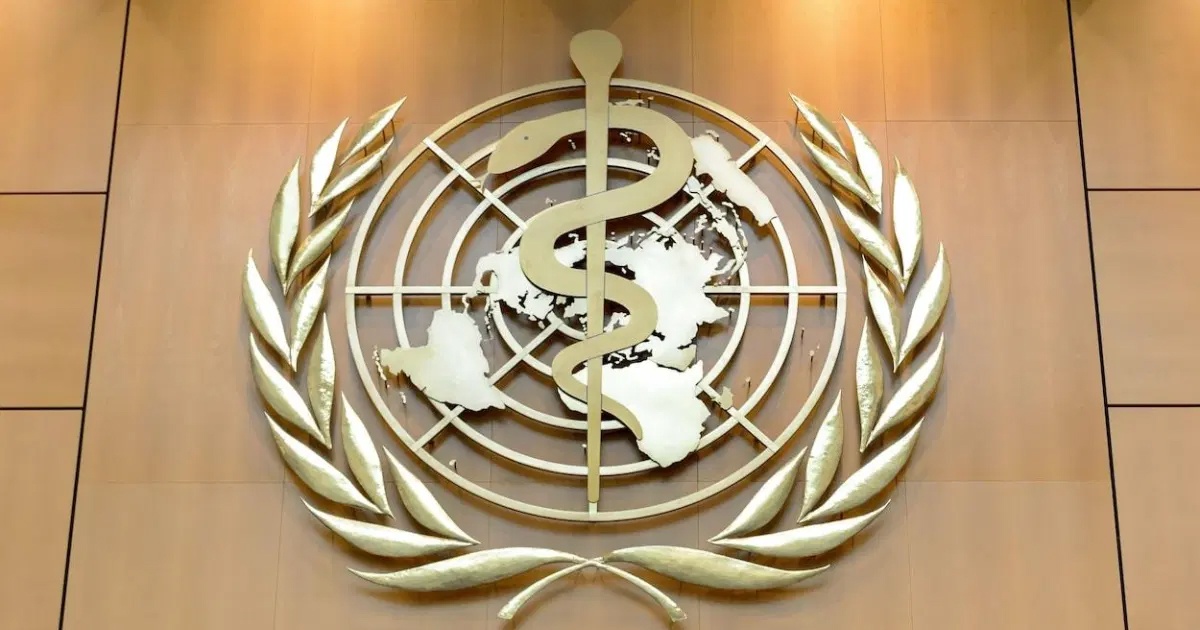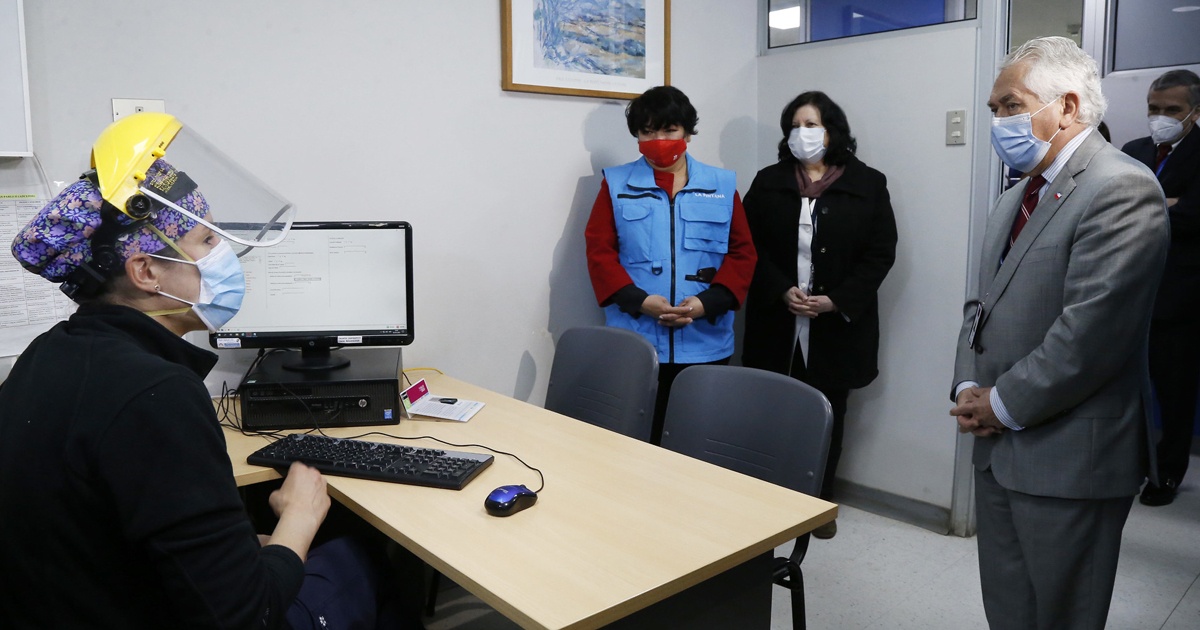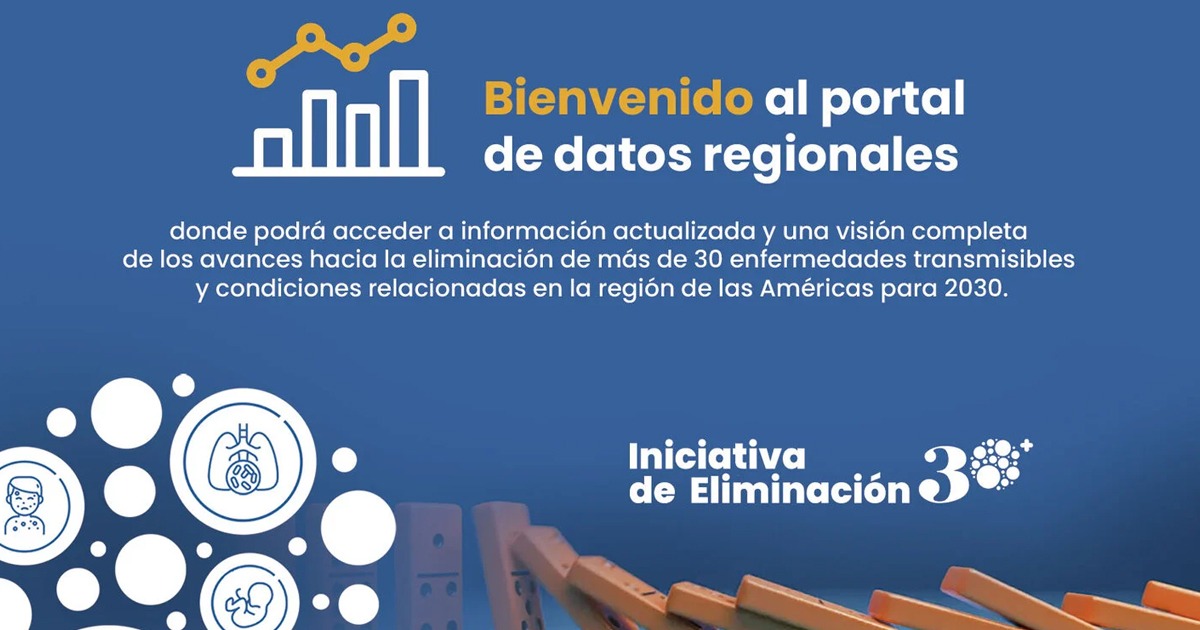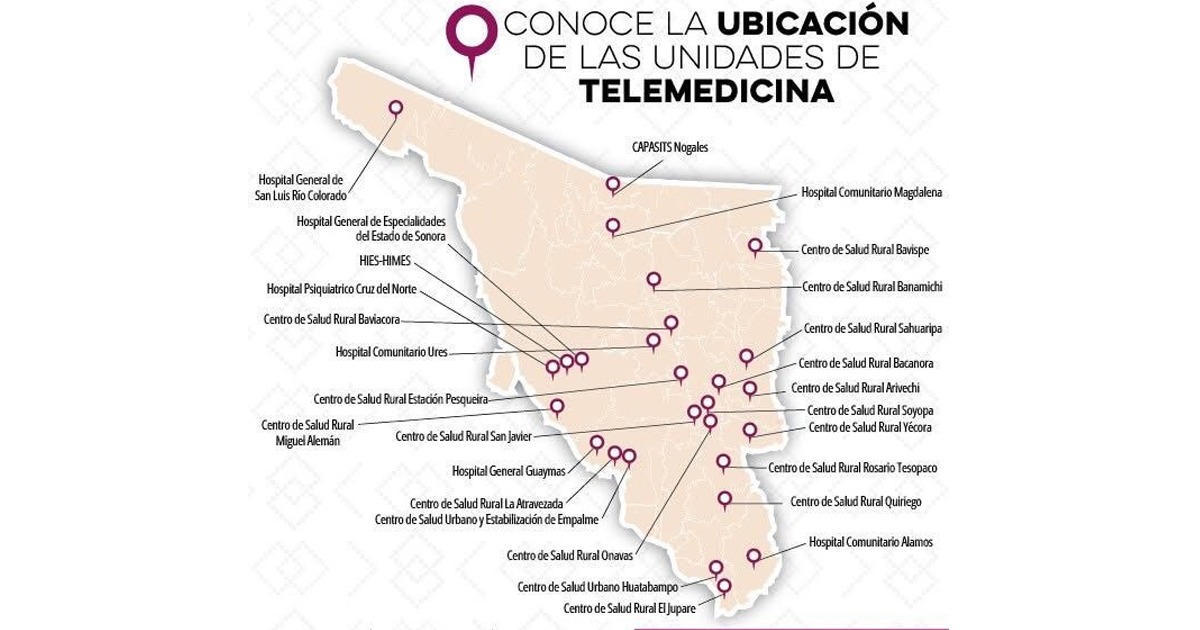The World Health Organization (WHO) conducted a technical consultation through digital means on methods that prevent misinformation during the infodemic. In the consultation in which more than a thousand people from different disciplines collaborated.
Infodemia is defined as overabundance of information, some accurate and some not, that occurs during an epidemic. In a similar manner to an epidemic, it spreads among humans via digital and physical information systems. People find it difficult to find trustworthy sources and reliable guidance when they need it. In response, derived from the current situation, WHO conducted a technical consultation on the COVID-19 pandemic-related infodemic to devise lines of action for information management during this context.
Media performances were sought social media platforms, various private sector organizations and civil society, as well as researchers, public health professionals, public policymakers, among others, to discuss actions and methods to address this problem. There were a total of 1483 participants, from 111 countries and territories, who finally achieved a total of 594 proposals for actions to combat the infodemic.
Through the analysis group, a set of 50 actions were chosen for the management of infodemics during health emergencies such as the one currently under the published research paper, entitledFramework for Managing the COVID-19 Infodemic: Methods and Results of an Online, Crowdsourced WHO Technical Consultation (read the full text by clicking here), the consultation revealed six policy implications to consider:

- Interventions and messages must be based on science and evidence, and must reach citizens and enable them to make informed decisions on how to protect themselves and their communities in a health emergency.
- Knowledge should be translated into actionable behavior-change messages, presented in ways that are understood by and accessible to all individuals in all parts of all societies.
- Governments should reach out to key communities to ensure their concerns and information needs are understood, tailoring advice and messages to address the audiences they represent.
- To strengthen the analysis and amplification of information impact, strategic partnerships should be formed across all sectors, including but not limited to the social media and technology sectors, academia, and civil society.
- Health authorities should ensure that these actions are informed by reliable information that helps them understand the circulating narratives and changes in the flow of information, questions, and misinformation in communities.
- Following experiences to date in responding to the COVID-19 infodemic and the lessons from other disease outbreaks, infodemic management approaches should be further developed to support preparedness and response, and to inform risk mitigation, and be enhanced through data science and sociobehavioral and other research.
It should be noted that the work of the initial proposals was carried out entirely online, without panelists, or participants making trips. Even the number of participants is almost comparable to the annual World Health Assembly. It was an online exercise online consultation mode that was effective in de came up with a framework that would group various perspectives together to address such a relevant topic. The first version of this framework specifically proposes five areas of action in which WHO Member States and actors in society can carry out, adapting to country-specific contexts and practices, the result of multidisciplinary collaborative work.
JMIR PUBLICATIONS





